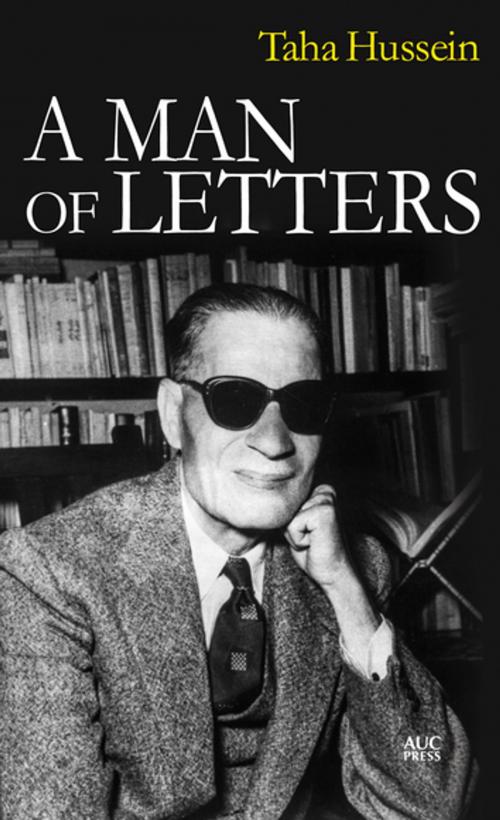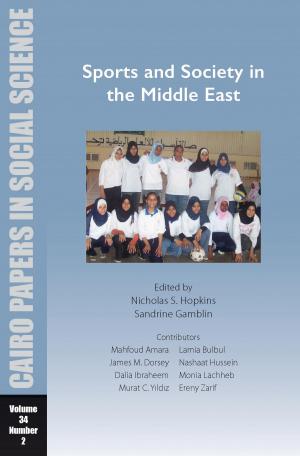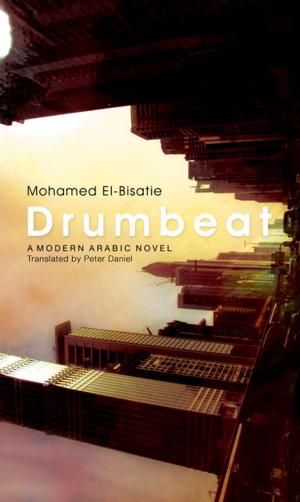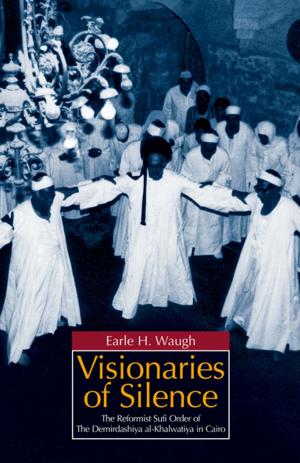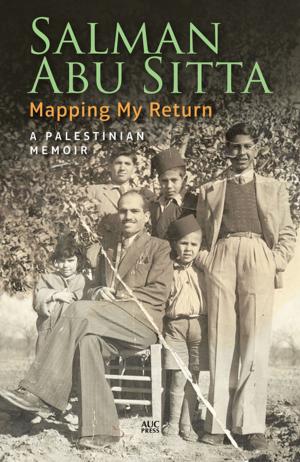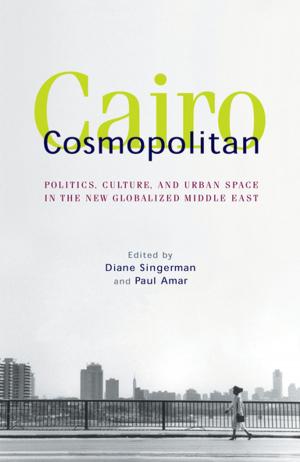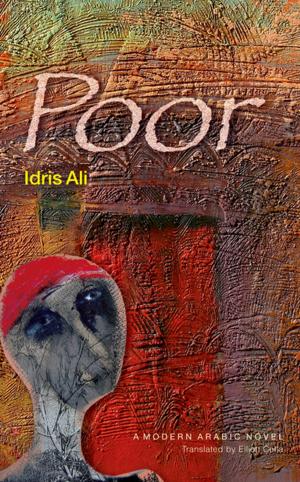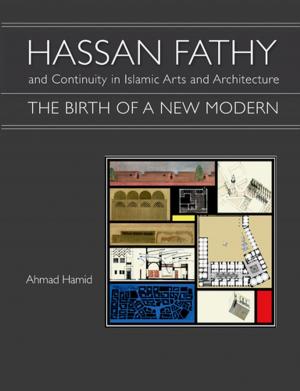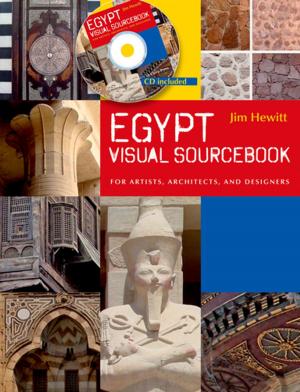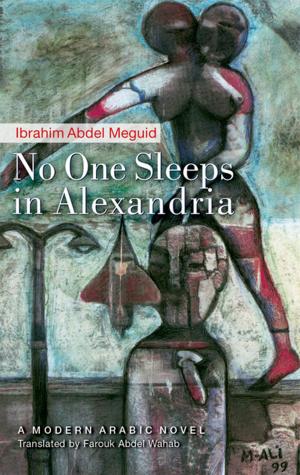A Man of Letters
Nonfiction, Reference & Language, Foreign Languages, Arabic, Fiction & Literature, Literary| Author: | Taha Huseein | ISBN: | 9781617974724 |
| Publisher: | The American University in Cairo Press | Publication: | January 1, 1994 |
| Imprint: | The American University in Cairo Press | Language: | English |
| Author: | Taha Huseein |
| ISBN: | 9781617974724 |
| Publisher: | The American University in Cairo Press |
| Publication: | January 1, 1994 |
| Imprint: | The American University in Cairo Press |
| Language: | English |
Taha Hussein (1889-1973), blind from early childhood, rose from humble beginnings to pursue a distinguished career in Egyptian public life (he was at one time Minister of Education). But he was most influential through his voluminous, varied, and controversial writings. He became known by the unofficial title 'Dean of Arabic Letters,' and the distinguished Egyptian critic Louis Awad described him as "the greatest single intellectual and cultural influence on the literature of his period." Based on the true story of a friend of the author, this novel-unfolding between Cairo and Paris and through vivid personal correspondence-draws a picture of a powerful friendship and of a young man's dilemma: the man of letters of the title finds himself split between-and in love with-two cultures essentially incompatible, East and West. In his desperate struggle to reconcile them his soul is estranged and he is thrown-or escapes-deeper into the backstreet abyss of First World War Paris. In the end it is perhaps the very impracticality of his own morality that destroys him.
Taha Hussein (1889-1973), blind from early childhood, rose from humble beginnings to pursue a distinguished career in Egyptian public life (he was at one time Minister of Education). But he was most influential through his voluminous, varied, and controversial writings. He became known by the unofficial title 'Dean of Arabic Letters,' and the distinguished Egyptian critic Louis Awad described him as "the greatest single intellectual and cultural influence on the literature of his period." Based on the true story of a friend of the author, this novel-unfolding between Cairo and Paris and through vivid personal correspondence-draws a picture of a powerful friendship and of a young man's dilemma: the man of letters of the title finds himself split between-and in love with-two cultures essentially incompatible, East and West. In his desperate struggle to reconcile them his soul is estranged and he is thrown-or escapes-deeper into the backstreet abyss of First World War Paris. In the end it is perhaps the very impracticality of his own morality that destroys him.
